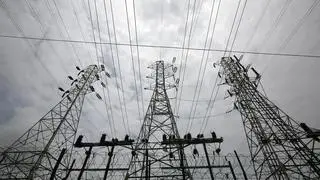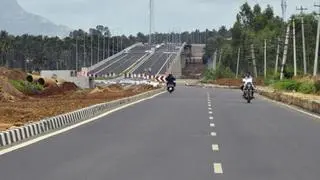The Telecom Regulatory Authority of India’s (TRAI) recommendations on spectrum pricing are based on shaky logic. It contradicts its own arguments and lays the groundwork for more frequent changes in future. There is lack of economic rigour in this pricing policy.
It seems like déjà vu . This is the same approach on licence allocations and spectrum pricing that has been followed since 1992 — when the first licences were issued and challenged legally and cleared in 1994 by the Supreme Court. Subsequent pricing and allocation of spectrum has always been short-term and ad hoc .
The first attempt to discover a rational, market-driven price happened in 2010 when auctions for 3G and Broadband Wireless Access (BWA) spectrum were held. It is not clear why TRAI finds the hard-nosed assessments of market potential by seasoned players irrational.
Simplistic views of this kind open up the chances of a drastic review of the entire exercise again in 18 months, when the economy improves and there is optimism. Can this really be a sound and stable method of policymaking — that too in an industry that is crossing Rs 200,000-crore in revenues and is 20 years old?
Knee-jerk reviews of policy every few months cannot be justified.
A rigorous base price derived on sound economic principles ensures no undervaluation.
To give due credit, the TRAI is probably right that lack of participation in November 2012 auctions was not necessarily collusive. But non-participation does not change the inherent value of a resource. Telecom is a long gestation industry. Profits are not instantaneous. Policies need to be stable. NTP 1999 is a clear example of how a policy has stood the test of time.
News reports indicate that while the DoT has accepted the TRAI recommendations for proceeding with auction of all spectrum without any special reservations, it has not accepted the logic for lowering the base price.
Since spectrum will once again be allocated for 20 years, anyone betting on exploiting this resource would factor in its future potential. There are new capabilities that are emerging and will multiply revenue opportunities. 3G networks are still being rolled out and the real value of data is still unfolding. Thus, for a 20-year licence, the sixth or seventh year would probably be the right time for review — not 16 months.
Finally, by hiking spectrum usage charges sanctified in bid documents of past auctions, TRAI has opened a Pandora’s box — all past and future bids are open to tinkering. Financial bids are made after factoring in all possible charges and payouts in a bid document. . Therefore, regulatory short-termism is flawed.
(The author has been associated with the Indian telecom sector since 1996. )
Read also: >Is TRAI’s call on spectrum pricing acceptable? - YES








Comments
Comments have to be in English, and in full sentences. They cannot be abusive or personal. Please abide by our community guidelines for posting your comments.
We have migrated to a new commenting platform. If you are already a registered user of TheHindu Businessline and logged in, you may continue to engage with our articles. If you do not have an account please register and login to post comments. Users can access their older comments by logging into their accounts on Vuukle.